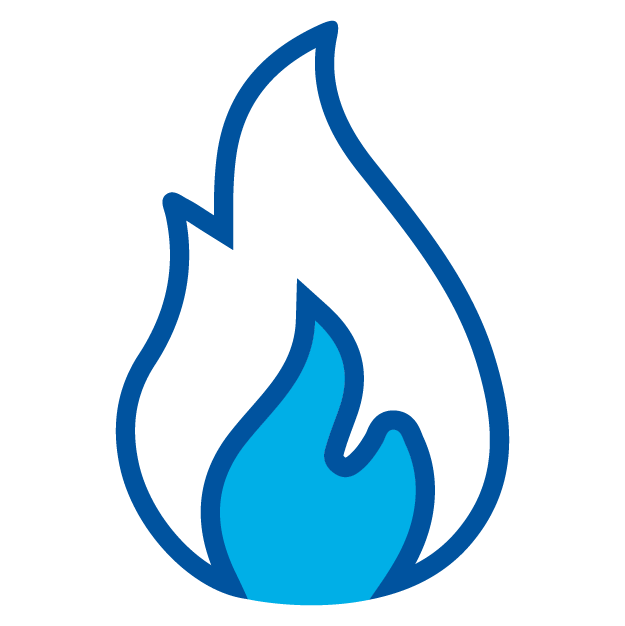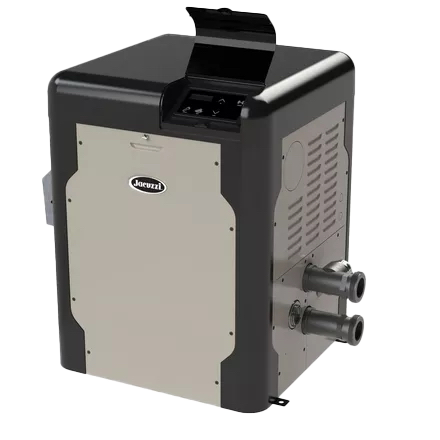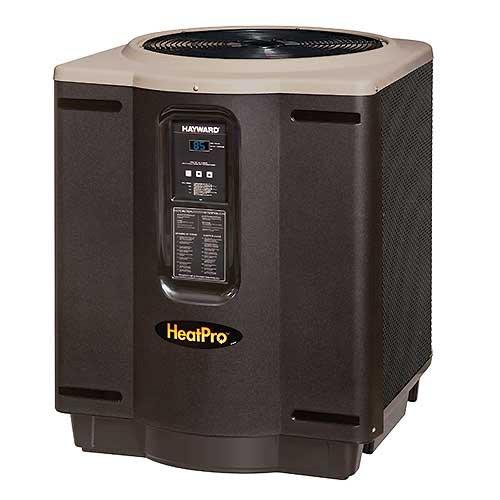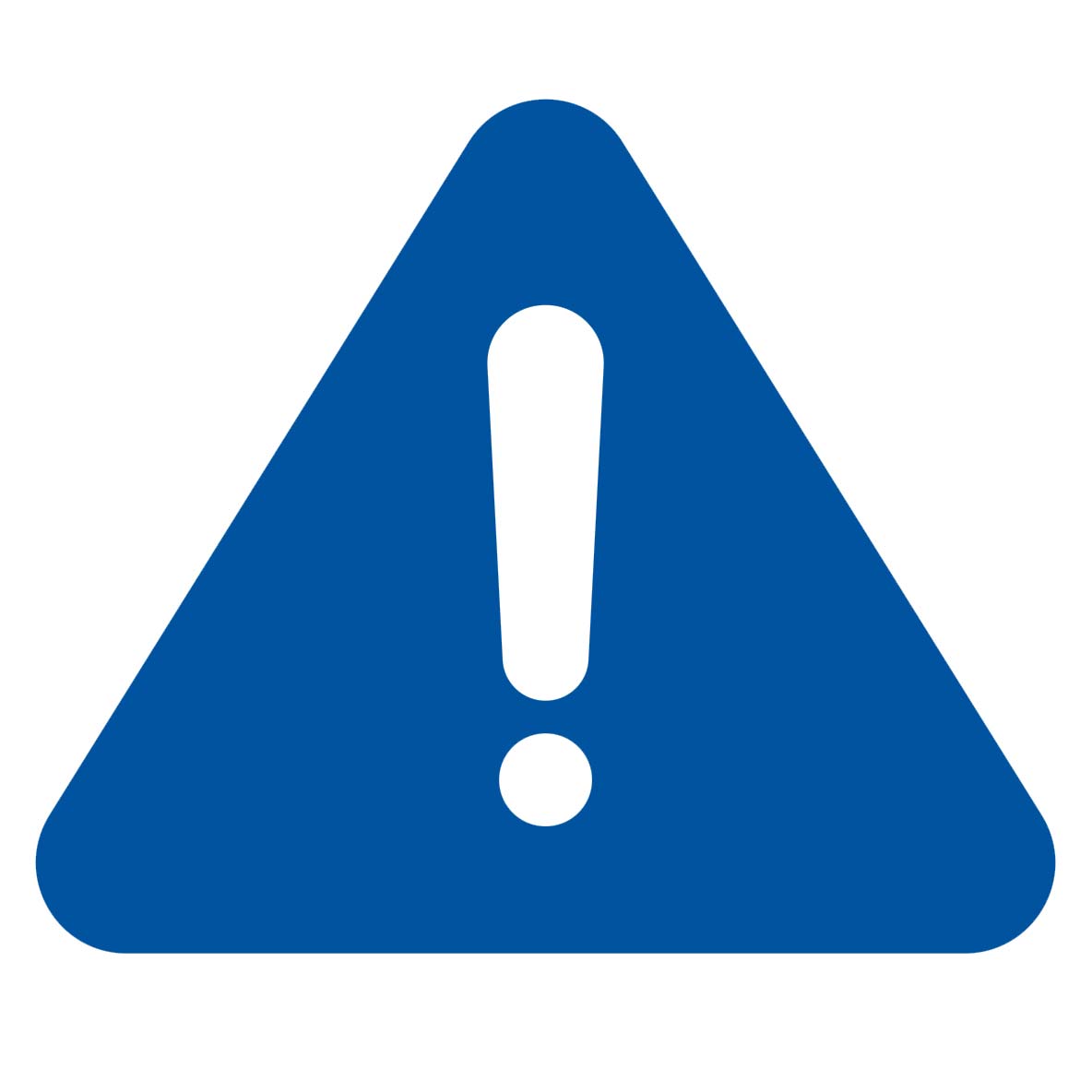Are you ready for a long season of poolside relaxation? Before you jump in, it’s essential to ensure your pool’s heating system is in top shape. Regular pre-season maintenance for your pool heater or heat pump doesn’t just ensure consistent water temperature—it protects your investment, extends the life of your equipment, and keeps energy costs in check.
By following the steps in this guide, you’ll learn how to prepare your pool heater or heat pump for the swimming season ahead. Plus, you’ll discover troubleshooting tips and actionable advice for keeping your system running smoothly all season long.
Why Pre-Season Maintenance is Essential
You might only think about your pool’s heating system a few times a year, but it’s working hard in the background to make every swim pleasant. A little preventative maintenance before the busy season can go a long way in ensuring:
- Efficiency: A well-maintained system operates more efficiently, helping you save on energy costs.
- Longevity: Regular care can extend the lifespan of your pool heater or heat pump.
- Cost Savings: Catching small issues before they grow saves you from expensive repairs or replacements later.
- Safety: Inspections can detect issues like gas leaks or electrical faults, keeping your family safe.
Now, let’s break it down step by step.
Understanding Pool Heaters and Heat Pumps

Before we jump into checklists, it’s helpful to understand the difference between pool heaters and heat pumps and which one may power your pool.
Pool Heaters
Pool heaters rely on gas (natural or propane) or electricity to generate heat directly. They are known for their ability to quickly warm up water, making them great for sporadic or occasional pool heating.
- Pros:
- Heats water rapidly.
- Works well in any temperature.
- Lower upfront cost than heat pumps.
- Cons:
- Higher operational costs due to fuel consumption.
- Regular fuel availability is required.
Heat Pumps
Unlike pool heaters, heat pumps extract heat from the surrounding air and transfer it to the water. They are energy-efficient and cost-effective, especially in warm climates.
- Pros:
- More energy-efficient than gas heaters.
- Lower operational costs.
- Eco-friendly option.
- Cons:
- Works best when air temperatures are above 50°F.
- Higher upfront cost compared to traditional heaters.
Understanding these differences can inform how you approach the maintenance of either system.
Pre-Season Checklist for Pool Heaters

If your pool uses a gas or electric heater, follow these pre-season pool heater maintenance steps to ensure a flawless start to pool season:
1. Inspect for Damage or Wear
Check the exterior of your heater for visible damage, rust, or signs of wear. Look for any cracks or deterioration in key components like the combustion chamber or electrical controls.
2. Check Gas Lines and Connections
If your heater uses gas, carefully inspect gas lines and fittings for leaks. You can perform a simple soapy water test to detect bubbles. If leaks are detected, call a professional technician.
3. Clean or Replace the Filter
A clogged or dirty filter restricts water flow and reduces heating efficiency. Clean the heater’s filter or replace it if needed.
4. Ensure Proper Ventilation
Check for obstructions around and inside the ventilation system. Blocked vents can lead to overheating or carbon monoxide buildup.
Pre-Season Checklist for Pool Heat Pumps

For heat pump users, there are specific tasks to get your equipment ready for the season:
1. Clean the Evaporator Coil
Dirt and debris on the coil can hinder the heat exchange process. Gently clean the coil with a soft brush or vacuum.
2. Inspect the Fan and Blades
Ensure there are no obstructions like leaves or twigs in the fan area. Check the fan blades for damage and smooth rotation.
3. Check Refrigerant Levels
Low refrigerant levels can prevent the heat pump from operating efficiently. Call a professional if you suspect a leak or need a top-up.
4. Ensure Proper Airflow
Clear the area surrounding the unit to allow for optimal airflow. Trim overgrown grass or remove nearby clutter.
5. Start and Monitor Performance
Once all the components are cleaned and inspected, turn on the heat pump. Monitor its performance for any unusual noises, low airflow, or inefficient heating.
Essential Maintenance Tasks for Heating Systems
Whether you have a heater or a heat pump, there are universal maintenance tasks that apply to both systems:
Clean the Skimmer and Pump Basket
These components keep the water flowing smoothly. Regular cleaning prevents blockages that can strain your heating system.
Inspect the Pump
Look for signs of leaks or abnormal noises. Catching and addressing problems early helps avoid long-term damage.
Keep the Area Clean
The space around your heating unit should be free of leaves, debris, or dirt. This ensures proper airflow and prevents overheating.
Troubleshooting Common Issues

Even with careful heat pump or pool heater maintenance, you might encounter minor issues during pre-season checks. Here’s how to handle some common problems:
- Insufficient Heating
Possible Causes: Low refrigerant levels, dirty coils, or a clogged filter.
Fix: Clean the unit, replace filters, and check refrigerant levels.
- Unusual Noises
Possible Causes: Loose parts, debris in the fan, or worn-out components.
Fix: Tighten screws, remove debris, or replace worn parts.
- Frequent Cycling (Turns On and Off Rapidly)
Possible Causes: Thermostat calibration or electrical issues.
Fix: Recalibrate the thermostat or consult a technician.
If you’ve tried all solutions and the problem persists, trust a licensed pool technician to diagnose the issue.
Keep Your Pool Heater or Heat Pump in Peak Condition
Proper maintenance at the start of the season is the best way to ensure efficient, long-lasting performance from your pool heating system. Taking these proactive steps will not only save you money but also guarantee your pool stays at the perfect temperature for every swim.
If your cooling or heating system needs professional care, don’t hesitate to stop by your local Leslie’s to take advantage of our free services, including free in-store labor on repairs. Or, if you need to schedule a visit from one of our pool pros, visit the Leslie’s service page to schedule a Leslie’s professional for your pool or spa.







